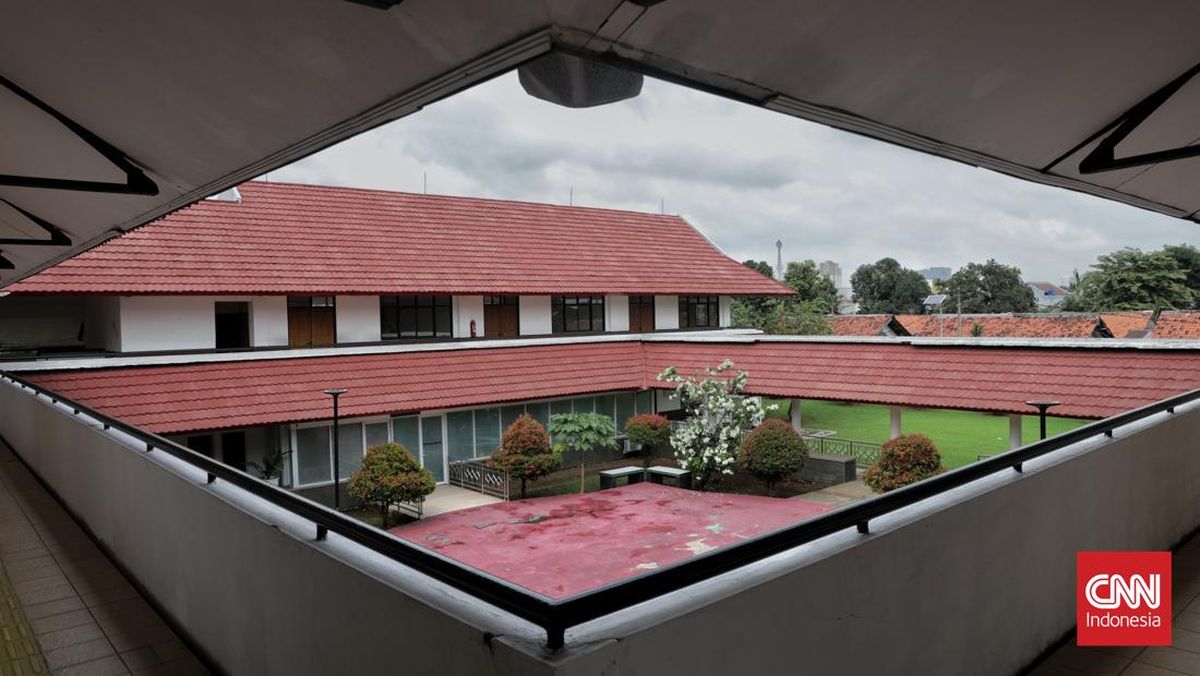 By preparing for some big expenses in advance, seniors can be more financially secure in their retirement.
ozgurcankaya/Getty Images
By preparing for some big expenses in advance, seniors can be more financially secure in their retirement.
ozgurcankaya/Getty Images
Retirement can be an exciting and freeing time, but it can sometimes deliver financial curveballs — especially in today's economy.
Rising healthcare costs, stubborn inflation, and economic uncertainty can be challenging for today's retirees, and with Americans living longer and longer, the potential for outlasting your savings is often a very real possibility.
Fortunately, careful and strategic planning can help. Want to make sure you're as prepared as possible when you enter retirement? We asked some experts about the the major expenses you should plan for — and how much money you might need to do it. Below, we'll detail four to consider right now.
Start by exploring your Medicare supplemental insurance protections here.
What big expenses should seniors plan for?
While each senior's personal circumstances are different, many could benefit by preparing for these four potential big expenses now:
Healthcare and long-term care expenses
Healthcare costs are one of the biggest expenses that soon-to-be retirees need to prepare for. For one, these costs have been on the rise, growing about 8.5% annually for the last few years. Add in inflation, and these costs can hit retirees' pocketbooks even harder.
"A lot of our clients are surprised by how much they pay out of pocket for healthcare," says Tyler End, a certified financial planner and co-founder of Retirable. While having health insurance or Medicare coverage can help, there are still many costs that these plans won't cover, and deductibles and co-pays can be costly, too.
"Even with Medicare, out-of-pocket costs for premiums, prescriptions, and procedures can add up quickly," says Frank Davis, president of New Era Financial.
There are also the costs of long-term care to consider. This might include a nursing home, assisted living facility, or at-home caregiver. According to CareScout, nursing home care costs between $9,277 and $10,646 per month. In-home care and assisted living are slightly more affordable.
Fortunately, long-term care insurance can help cover most or all of these expenses. But premiums here will rise with age, so it makes sense to get started early, should you decide that you need this additional protection.
Explore your long-term care insurance costs and options online now.
Housing costs
Experts say housing costs are another big one for retirees, whether they have a mortgage or own their house outright.
"Even if a retiree has paid off the mortgage on their home, he or she will need to budget for the costs of homeowners' insurance, property taxes, unforeseen maintenance, etc.," says Patricia Gerould, wealth planning specialist at Zions Bancorporation and Amegy Bank.
With home insurance costs on the rise (up nearly 70% in the last 5.5 years), those costs can be increasingly hard to cope with on a limited income.
Homeowner association (HOA) dues are increasing, too. According to Realtor.com, the median HOA fee jumped 15% last year. Four in every 10 homes listed on Realtor.com had some kind of HOA fee attached in 2024.
Compare home insurance costs here to see where you could save money.
Surprise taxes
Taxes can also be a hefty expense in retirement, to the surprise of many. First, retiring may mean losing some valuable tax write-offs, like those you qualified for as a business owner, for example. You also may owe taxes on the limited income you're bringing in.
"Social Security benefits may be partially taxable, and withdrawals from retirement accounts such as IRAs or 401(k)s are generally taxed as ordinary income," Davis says. "Depending on your sources of income, you could owe more than you anticipated."
If you reach age 70 and need to take Required Minimum Distributions from certain retirement accounts, that can also mean more taxation, and if you sell your house — particularly one that has appreciated a lot in value over the years — you could owe significant amounts of capital gains taxes.
"Another surprise expense is underestimating the taxes from selling a long-held home," End says. "Many retirees assume their tax bill will shrink, but between required minimum distributions, Social Security being partially taxable, and capital gains on home sales, taxes can stay significant."
Other common costs
Everyday expenses are something retirees should consider, too. And while it can be easy to think those costs will fall away once you stop the 9-to-5 grind, experts say some find their expenses creep even higher in retirement.
Retirees might find themselves commuting more to family members' homes to visit or care for grandkids, for instance, or they may eat out more frequently. Some may also adopt higher-priced hobbies, like renovating the house, traveling, or taking courses at the local college.
"One of the most important and often overlooked parts of retirement is understanding what your expenses will look like once you stop working," Davis says. "We have come across many people that expected their costs to decrease, when the reality is that certain expenses remain steady while others can even increase."
The bottom line
Surprises can always happen, but having a solid amount of savings and planning can help you ensure a comfortable and secure retirement.
"For many people, preparing for retirement is an ambiguous equation because we don't know what our financial needs will be, how long we will live, how much our assets will grow, or even what income tax rates will be in the future," Gerould says. "However, the variables should not prevent us from doing some preparation work."
To start that preparation, End says it's important to visualize what your retirement will look like.
"Where will you live, how much will you be spending, and how much will you be able to spend after accounting for housing, health costs, and taxes?" End asks.
Then, work with a retirement professional to build out your plan. Be prepared to check in on that plan annually to update it as your goals and finances evolve, and don't forget to "plan for purpose and fulfillment outside of work," he says. "When you pair a strong financial plan with a clear vision of how you'll spend your time, you're much more likely to thrive in retirement."
Aly J. Yale is a contributing writer for the Managing Your Money section for CBSNews.com, covering various personal finance topics, including investing, homebuying, loans and more.


















































